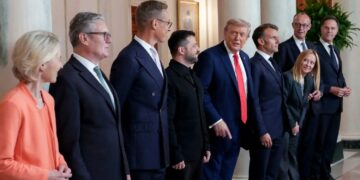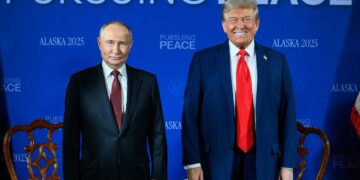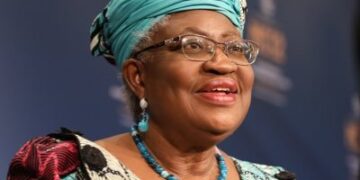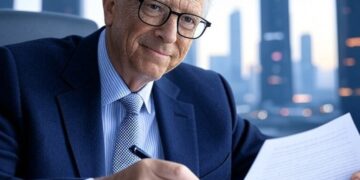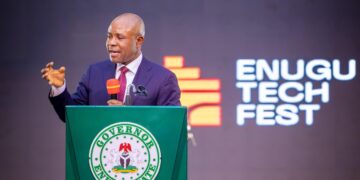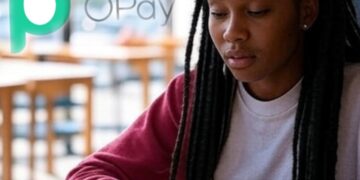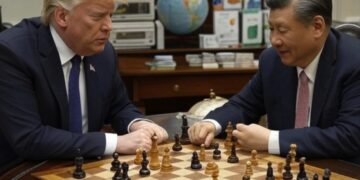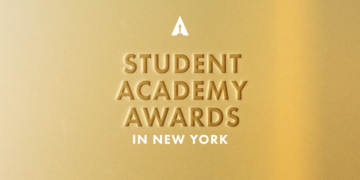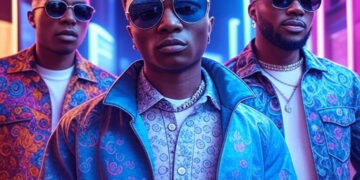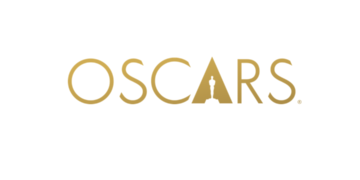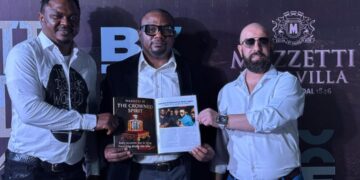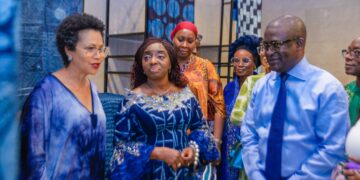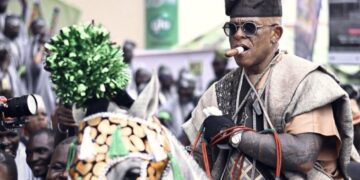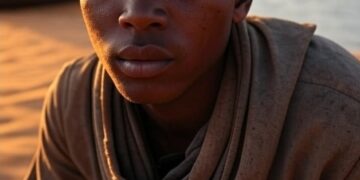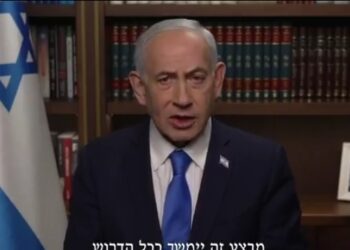Lagos, Nigeria’s vibrant commercial capital, is a beacon of ethnic diversity, yet it has become a battleground for political bigotry, with non-Lagosian Yoruba elites stoking tensions that threaten the city’s cosmopolitan identity. The 2019 and 2023 elections exposed deep-seated ethnic divisions, particularly targeting the Igbo community, and gave rise to a polarizing figure on the social media platform X: “Harry Da Trigot.” This provocative persona, known for anti-Yoruba rhetoric, emerged as a direct response to systemic harassment and voter intimidation, highlighting the urgent need for stakeholders to address Nigeria’s escalating ethnic discourse.
The Roots of Political Bigotry At the heart of Lagos’s ethnic tensions lies a power struggle driven by some disgruntled non-Lagosian Yoruba elites from states like Ogun, Oyo, and Ekiti. These political actors, often aligned with the AD, AC, ACN and now APC All Progressives Congress (APC), have leveraged ethnic nationalism to maintain dominance in Lagos, a Yoruba-majority city with a significant Igbo population. By framing Igbo political participation as a threat to Yoruba indigeneity, they have fueled a climate of bigotry that undermines Nigeria’s fragile unity. Historically, Yoruba-Igbo rivalries trace back to colonial “divide and rule” policies, with tensions flaring during the 1940s “Lagos Press War.” Today, non-Lagosian elites revive this narrative, portraying Igbos as outsiders attempting to “hijack” Lagos, despite their substantial economic contributions. Their rhetoric, amplified during election cycles, paints Igbo support for opposition parties like the Labour Party and Peoples Democratic Party as an affront to Yoruba control, exploiting ethnic sentiments to rally voters.
The 2019 and 2023 elections laid bare the extent of anti-Igbo harassment in Lagos, driven by political actors and, at times, traditional authorities. In 2019, the Oba of Lagos, Rilwan Akiolu, sparked outrage by threatening Igbos who did not vote for APC candidate Akinwunmi Ambode, warning they would “perish in the lagoon within seven days.” This incitement, made during a courtesy visit by Igbo leaders, was followed by reports of voter intimidation in Igbo-dominated areas like Okota and Aguda, where hoodlums prevented residents from casting ballots. The 2023 elections saw an escalation of this bigotry, triggered by the Labour Party’s Peter Obi defeating the APC in Lagos’s presidential race. Non-Lagosian Yoruba elites, such as Bayo Onanuga from Ogun State, fanned the flames with inflammatory rhetoric. Onanuga’s X post declared, “Let 2023 be the last time of Igbo interference in Lagos politics… Lagos is Yoruba land,” framing Igbo political engagement as a threat. Similarly, APC loyalist Musiliu Akinsanya (MC Oluomo) threatened Igbos to stay home if they would not vote for APC, a statement later dismissed by police as a “joke. “On election day, violence erupted in areas like Abule Ado, with reports of a fatal stabbing and ballot destruction targeting Igbo voters. The Labour Party’s gubernatorial candidate, Gbadebo Rhodes-Vivour, of Yoruba-Igbo descent, faced vilification for his Igbo heritage, with his middle name “Chinedu” weaponized to question his “Yorubaness.” The strategic use of the Oro festival, a Yoruba ritual, to intimidate non-Yoruba voters further underscored the complicity of some traditional leaders in this ethnic politicking.
The sustained anti-Igbo harassment gave birth to “Harry Da Trigot,” an X persona whose inflammatory anti-Yoruba rhetoric has polarized Nigeria’s online discourse. Described in a July 29, 2025, post by @Leimax_bus as someone whose “existence is hating Yoruba people,” Harry—likely a play on “bigot” with “tri” referencing tribalism—emerged as a retaliatory voice against the bigotry of 2019 and 2023. Another post by @KingErefitei on the same day asserts, “The Yoruba Ronus created him,” linking Harry’s rise to the APC’s ethnic scapegoating during the 2023 elections.
Harry’s rhetoric reflects the frustration of Igbo youth facing systemic marginalization and election-related violence. @KingErefitei’s July 30, 2025, post describes Harry’s “extreme takes” as a response to the “vile creatures” of the 2023 campaign, framing his actions as a “push back” against Yoruba-initiated bigotry. While Harry’s posts resonate with some Igbos feeling targeted, they risk escalating tensions by mirroring the divisive tactics of non-Lagosian elites, perpetuating a cycle of hate on X.
The consequences of this bigotry are profound. The Yoruba-Igbo divide, widened by anti-Igbo harassment and Harry’s retaliatory rhetoric, threatens Lagos’s cosmopolitan identity and Nigeria’s broader unity. Voter suppression undermines democratic norms, disenfranchising citizens and fueling distrust. Most alarmingly, unchecked ethnic rhetoric risks escalating into real-world violence, with historical precedents like the Nigerian Civil War serving as a stark warning.
Stakeholders—government, traditional leaders, civil society, and tech platforms—must act urgently to break this cycle of bigotry:
1. Platform Accountability: X must enhance moderation to detect culturally specific hate speech, targeting both anti-Igbo and anti-Yoruba content, including Harry’s posts. Collaboration with local fact-checkers could curb inflammatory rhetoric.
2. Legal Enforcement: Nigerian authorities should enforce cybercrime laws against incitement, holding figures like Onanuga and Akinsanya accountable for their 2023 statements.
3. Inter-Ethnic Dialogue: Yoruba and Igbo leaders, including traditional rulers, must foster dialogue to counter divisive narratives and promote unity.
4. Youth Education: Civic programs should educate Nigeria’s youth on the value of diversity and the dangers of tribalism, reducing the appeal of figures like Harry.
.





